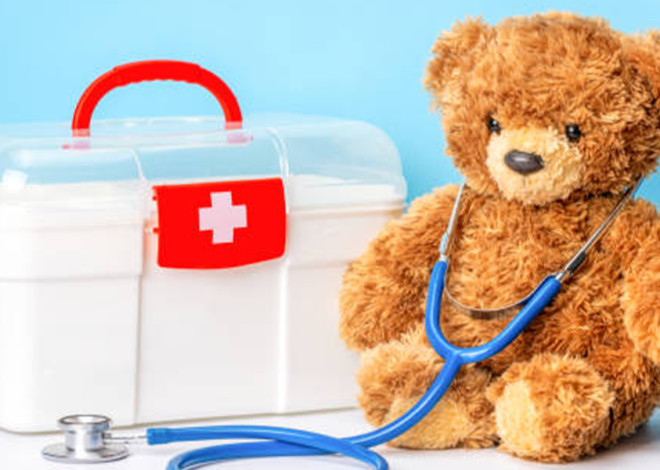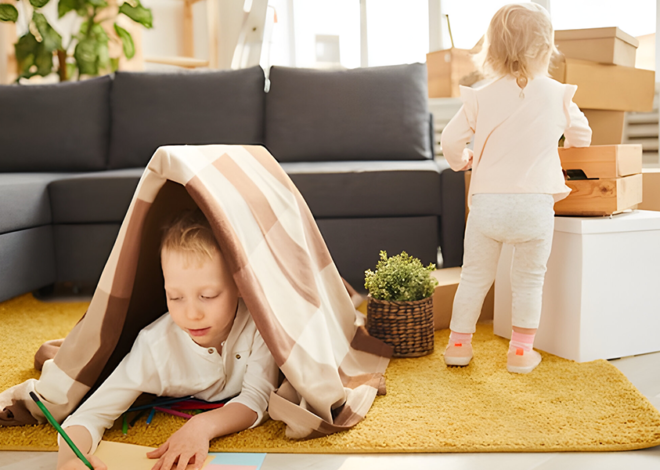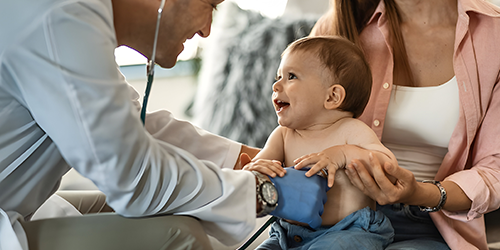Baby Well Check-ups
Essential First Aid Tips for Kids: All Parents Should Know
- CPR Basics: Learn and teach your child the fundamentals of cardiopulmonary resuscitation (CPR) to respond in emergencies.
- Choking Hazards: Identify common choking hazards for kids and know how to perform the Heimlich maneuver if necessary.
- Basic Wound Care: Equip yourself with knowledge on cleaning and dressing minor cuts and scrapes to prevent infection.
- Allergic Reactions: Be aware of your child’s allergies and keep necessary medications like epinephrine on hand for quick intervention.
- Burn Management: Understand how to treat minor burns with cool running water and when to seek professional medical help for more severe cases.
- Poisoning Awareness: Secure household chemicals, medications, and poisonous substances, while understanding the importance of the Poison Control Center number.
- Emergency Contact Information: Maintain an easily accessible list of important contacts, including emergency services and your child’s doctor, for quick reference in urgent situations.
4 mins read
Crafting a Haven: My Journey in Creating a Safe Home for My Little Ones
- Researching childproofing measures and implementing them throughout the house.
- Installing safety gates at stairs and dangerous areas to prevent falls.
- Securing furniture and heavy items to the walls to avoid accidental tipping.
- Creating designated play areas with age-appropriate toys and furnishings.
- Childproofing electrical outlets and keeping cords out of reach to prevent accidents.
- Investing in non-toxic and eco-friendly materials for furniture and home decor.
- Learning and practicing basic first aid skills for quick response to any emergencies.
4 mins read
Ensuring Baby Health: The Importance of Baby Well Check-ups
- Regular pediatrician visits at scheduled intervals for comprehensive health assessments.
- Monitoring growth and developmental milestones to ensure proper progress.
- Vaccination schedule adherence to protect against preventable diseases.
- Discussion of feeding habits, sleep patterns, and overall well-being.
- Screening for potential health issues or concerns.
- Open communication with the pediatrician to address parental questions or concerns.
- Collaboration on a personalized care plan based on the baby’s individual health needs.
5 mins read



